Do Crock Pots Cause House Fires [You'll Be Surprised]

Get Cash Offer
We will get back to you as soon as possible.
Please try again later.
Crock Pots are a great way to cook food slowly and safely in your kitchen, allowing you to prepare delicious meals like pasta, soup, chili, and potatoes. They're also a fire hazard. Crock pots are designed to cook food at low temperatures for extended periods. By using ingredients such as garlic and onions, your dishes will be even more flavorful. However, if you leave a crockpot on too long or forget about it, its temperature can rise to dangerous levels. It can cause the handles to melt or even ignite batteries and countertop appliances, or worse — start a fire!
The most common cause of Crockpot fires is when grease drips onto the heating element and catches on fire. If you notice any smoke coming from your slow cooker, turn it off immediately, unplug it from the wall, and allow it to cool down before cleaning up any grease spills inside the unit. You can refer to YouTube videos for guidance on cleaning and maintaining your Crock Pot to ensure its surface and average functionality are always top-notch.
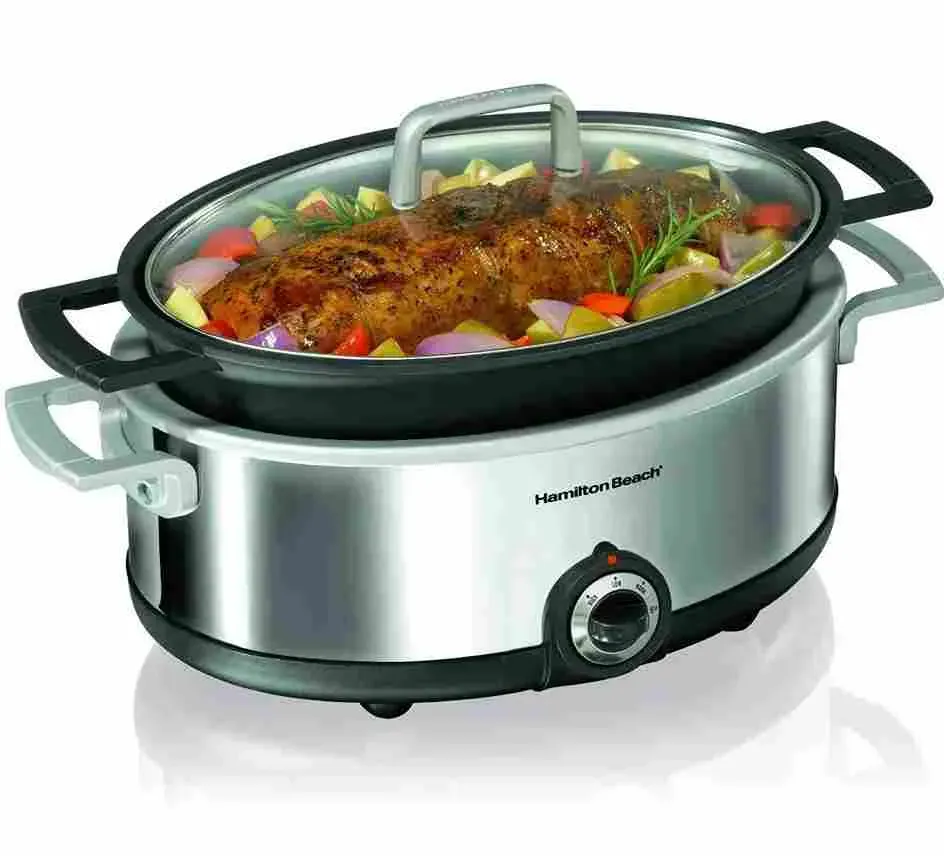
How Do Crock Pots Cause Home Fires
Crock pots are ideal for cooking large quantities of food. They're also safe when used correctly. But if you leave the appliance on while you're gone or don't use it correctly, your crock pot could overheat and start a fire. Here are some ways crock pots can cause house fires and fire injuries, leading to insurance claims and potential loss of rights to certain products:
Overfilling the crock pot with food:
The best way to prevent this is to use an oval-shaped slow cooker with more room than round ones. If you're using a round one, ensure it's at least half full before starting cooking.
Using too high a heat setting:
Cooking on low is best for most dishes, but if you need to boil something quickly or simmer something, go at high instead.
Cooking oil spills over onto the heating element:
Cooking oil spills over onto the heating element and catches fire as it drips down into the heating coils below. It can happen if you accidentally overload your crock pot with oil or grease while browning meat or vegetables on top of the burner before adding them to the dish itself.
Cook unattended:
You are leaving your crock pot unattended while it's cooking on high. If you have to leave the house while your slow cooker is on, it's best to turn it off and stay unplugged until you return.
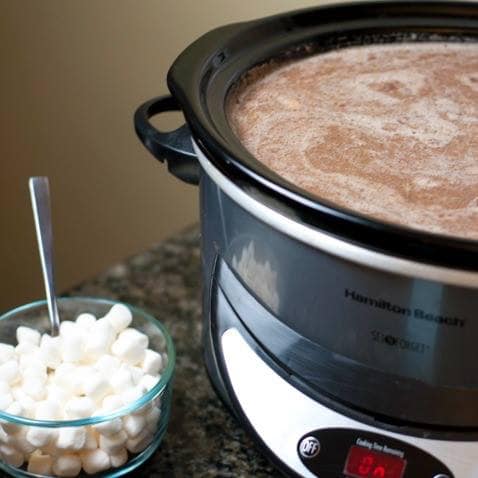
What Percentage Of House Fires Are Started By Crock Pots?
In a 2017 research paper from the NFPA, it was found that only 5 percent of house fires started by cooking equipment were caused by a portable cooking or warming device, like a slow cooker. According to the Federal Emergency Management Agency, slow cookers caused 103 fires from 2012 to 2015. You can find the 2020 updated home cooking fires report here.
The NFPA also found that nearly half of all residential cooking fires are caused by unattended cooking in the oven or stovetop. If you have a Crock-Pot plugged into an electrical outlet and left unattended, it's safer than using your oven. This highlights the importance of being cautious and mindful when it comes to cooking and maintaining your kitchen equipment.
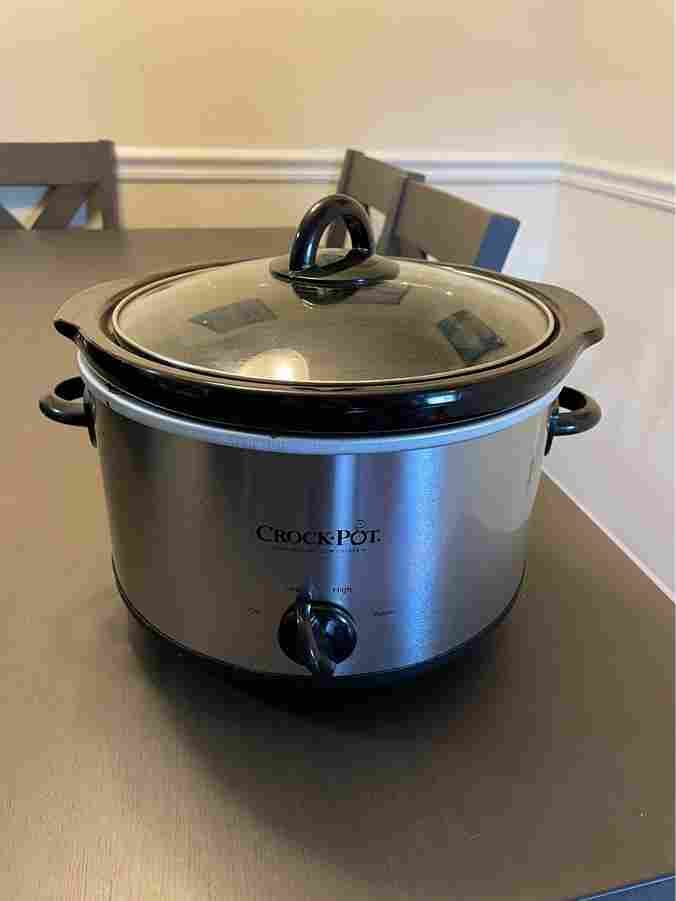
Are Crock Pots Safe To Leave On Overnight?
Crock pots are safe to leave on overnight as long as they are unplugged before doing so. It would help if you always unplugged the cooker before going to bed or leaving your house for more than 12 hours.
It is essential because many people leave their crock pots running overnight because they believe it will keep their food warm until they return home from work or school each day. This could not be further from the truth! Leaving your slow cooker plugged in all night can cause a fire due to overheating on the heating element inside, which could catch alight and burn down your house if left unattended for too long during the night (especially if you live in an older home). Make sure to educate yourself and others about these risks and consume informative content to avoid unfortunate situations.
Selling As An Option If a Crock Pot Caused A House Fire
If a crock pot caused a house fire, dealing with the aftermath can be overwhelming. The safety of yourself and your family is paramount, so ensure everyone evacuates the premises immediately and call for emergency assistance. Once the fire has been extinguished and the situation is stable, you may find yourself faced with the challenge of repairing or rebuilding your home. In such cases, selling your fire-damaged home quickly can be a viable option to consider. It allows you to move forward without the burden of extensive renovations and gives you the opportunity to find a new place to call home. To sell your fire-damaged home efficiently, consult with real estate professionals experienced in handling such properties. They can guide you through the process, help assess the fair value of your home, and attract potential buyers interested in taking on the restoration or development project. By exploring this option, you can expedite the recovery process and start afresh with a new beginning.
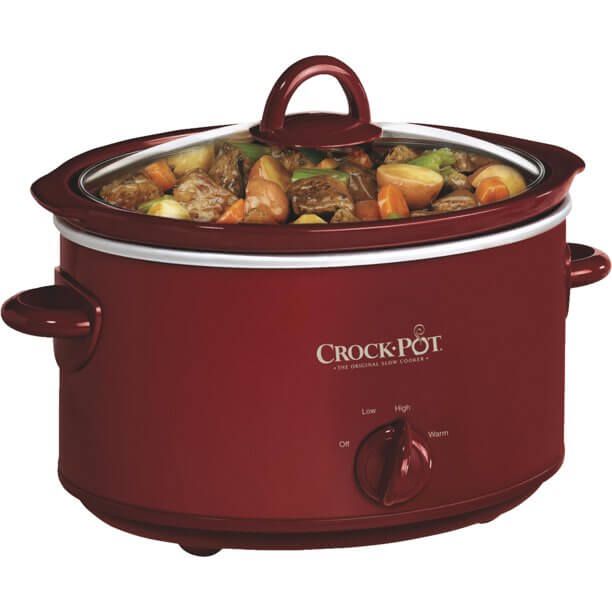
Can You Leave Your House With a Slow Cooker On?
Yes, you can leave your house with a slow cooker on. However, that doesn't mean it's a good idea. There are several reasons why you shouldn't leave your slow cooker unattended. It's unsafe to do so, especially if you're in an area prone to wildfires or if your smoke detector is not functioning well. And it's not necessary because you can use a timer instead.
The same goes for any appliance with an automatic shutoff feature, like an oven or microwave. Suppose a fire starts while one of these devices is running. In that case, the device will automatically shut off after a certain period (usually 30 minutes) to prevent damage to the unit itself and possible injury to anyone nearby.
Very interesting article from USA TODAY on crock pot death claims, which may involve reactions to the tragic fire scene in the popular television show, "This is Us," where a slow cooker was responsible for the fire during the Super Bowl episode, generating concerns about crock-pots.
WE CAN HELP WITH ANY SITUATION AND WE'RE READY TO GIVE YOU A FAIR CASH OFFER!
Enter Your Information Below it is Quick, Easy & Free!
Get Cash Offer
We will get back to you as soon as possible.
Please try again later.
Do Slow Cookers Cause House Fires
A slow cooker is an excellent tool for cooking meals at home, but cooking with it can be dangerous if you don't know the safety precautions.
Slow cookers are a convenient way to prepare food without standing over the stove. Cooking appliances automatically heat up and keep food warm until you're ready to eat. They are often used to make soups and stews, but they can also use them for baked beans, casseroles, pot roast, and other dishes.
The National Fire Protection Association (NFPA) reports that most slow cooker-related fires occur when the pot is too full or if food or liquid spills onto the heating element. The resulting fire can damage your home and injure you or others. It would help if you took these precautions when using a slow cooker.
Please do not use an extension cord when plugging in your slow cooker; or if you have a faulty switch, it could overheat and start a fire. Plug directly into an outlet if possible; otherwise, use an approved extension cord with three-pronged plugs and a grounded outlet cover plate.
Never use an unapproved extension cord; it could cause shock or electrocution if wires become frayed or loose during use. Never use more than one extension cord together; this could overload your home's electrical system circuits.
"This is Us" crock pot fire is unlikely according to Consumer Report.
Even a squirrel can chew at the wires of a smart meter and cause a house fire. One of the most common way houses catch on fire in the winter are space heaters.
A few other causes of fires are air fresheners, fans, toasters, mice, Christmas trees and dryers.
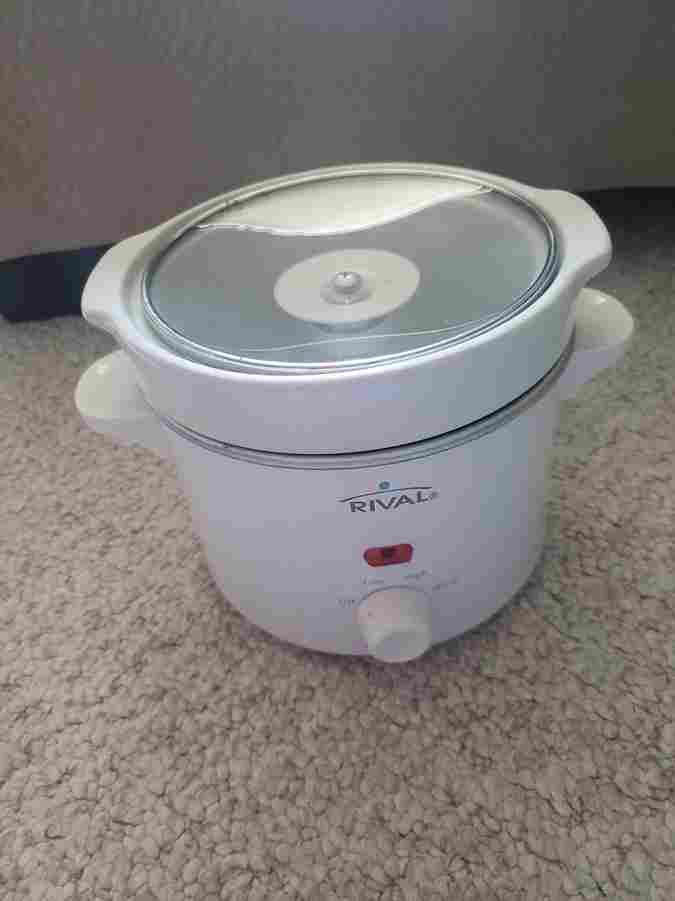
A Few Safety Measures You Can Take
Crock pots are a convenient way to cook meals but can also be a fire hazard. When you use your crock pot, be sure to follow these safety tips:
- Don't leave the house when cooking in a crock pot. If you do, someone should stay nearby and watch the food.
- Make sure the cord is out of reach for children and pets.
- Don't put combustible items near your stove or countertop.
- Never leave your crock pot unattended while it's turned on.
- Don't overfill your crock pot or add too much food at once — this could cause a spillover effect that causes flames to shoot out of the top of the lid.
If you know someone that has experienced a house fire, feel free to share our article on how to sell your fire-damaged home quickly.

Get Cash Offer
We will get back to you as soon as possible.
Please try again later.

Happy Customers



Other Things That Cause Fires
All Rights Reserved | Fire Cash Buyers
